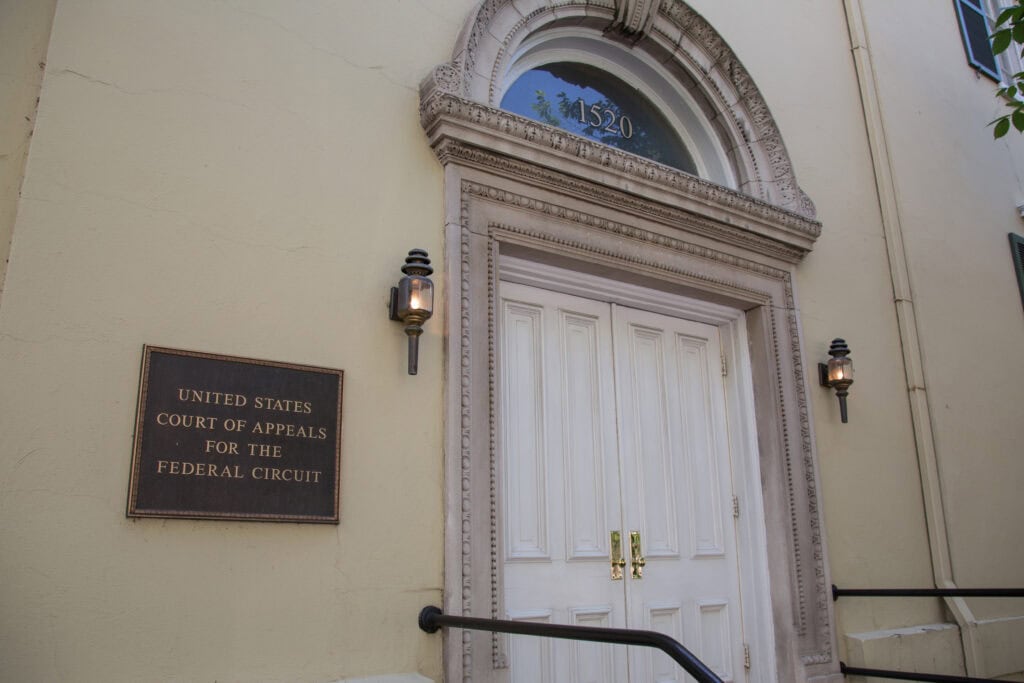Amicus Briefs
U.S. v. Arthrex Inc.; U.S. v. Polaris Innovations; Smith & Nephew Inc. v. Arthrex Inc.
CASE SUMMARY
At issue in the consolidated set of cases was whether administrative patent judges (APJs) can be appointed by the U.S. Secretary of Commerce or whether the Constitution requires the President to appoint these judges and the Senate to confirm them.
In its amicus brief, filed in December 2020, NCLA argued (with Arthrex) that APJs are “principal officers” of the United States. Hence, according to the Constitution’s Appointments Clause, they must be appointed by the President with the advice and consent of the Senate. The Secretary of Commerce, as the head of a department, could appoint APJs if they were deemed “inferior officers.” But under the America Invents Act of 2011, APJ decisions cannot be reviewed by a superior in the Executive Branch—only by other APJs. This fact means that APJs are “principal” officers. Therefore, the Appointments Clause requires appointment by the President himself, thereby ensuring presidential accountability for their performance in office.
In a win for NCLA, on April 22, 2021, a divided Supreme Court vacated an earlier decision in United States v. Arthrex, Inc., et al. by the U.S. Court of Appeals for the Federal Circuit and held that administrative patent judges were not appointed to their positions in the manner Article II of the Constitution requires.
Justice Gorsuch quoted NCLA’s amicus brief in his concurring opinion to demonstrate that Congress likely disapproved of the remedy devised by the majority.
OUR TEAM
RELEVANT MATERIALS
NCLA FILINGS
Opinion of the U.S. Supreme Court
June 21, 2021 | Read More
Supreme Court Oral Argument in United States v. Arthrex, Inc.
March 1, 2021 | Read More
Brief of the New Civil Liberties Alliance as Amicus Curiae Urging Reversal in Part and Supporting Respondents in 19-1434 and 19-1452
December 30, 2020 | Read More
PRESS RELEASES
IN THE MEDIA
The Hamburger Court
The New York Sun
February 8, 2023
In Arthrex, Justices Deal New Blow To Agency Independence
Law360
February 8, 2023
Industry Reacts to the Supreme Court’s Arthrex Ruling: Chaos Averted – or Just Delayed?
IPWatchdog
February 8, 2023
Amici and Practitioners Attempt to Read the Arthrex Tea Leaves
IP Watchdog
February 8, 2023
Getting Ready for Arthrex: What the Amici Are Saying
IP Watchdog
February 8, 2023

